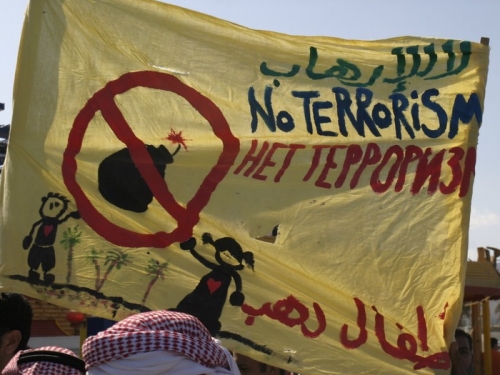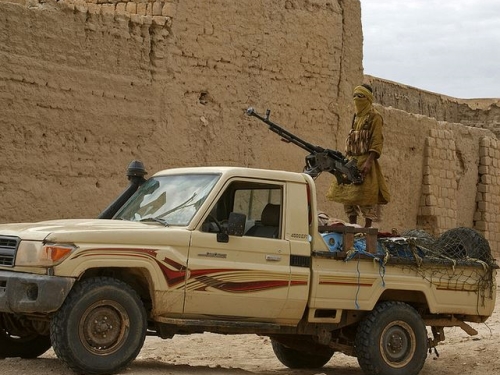
This article was originally published on 20 July 2015 by The Strategist, a blog run by the Australian Strategic Policy Institute (ASPI).
Over a decade of securitised transnational approaches to combatting terrorist activity and propaganda have shown that such approaches are ineffective on their own. Sometimes, these ‘hard power’ measures can actually damage efforts to roll back the appeal and participation in violent extremism.
While such steps may be justified in domestic contexts where threats are critical or imminent, failure to accompany these with robust ‘soft power’ initiatives will prove fatal in the longer-term. If we are to succeed in countering violent extremism, these are some key strategies to invest in:




